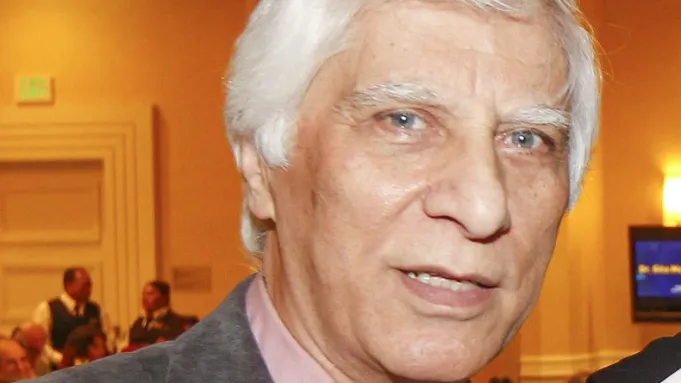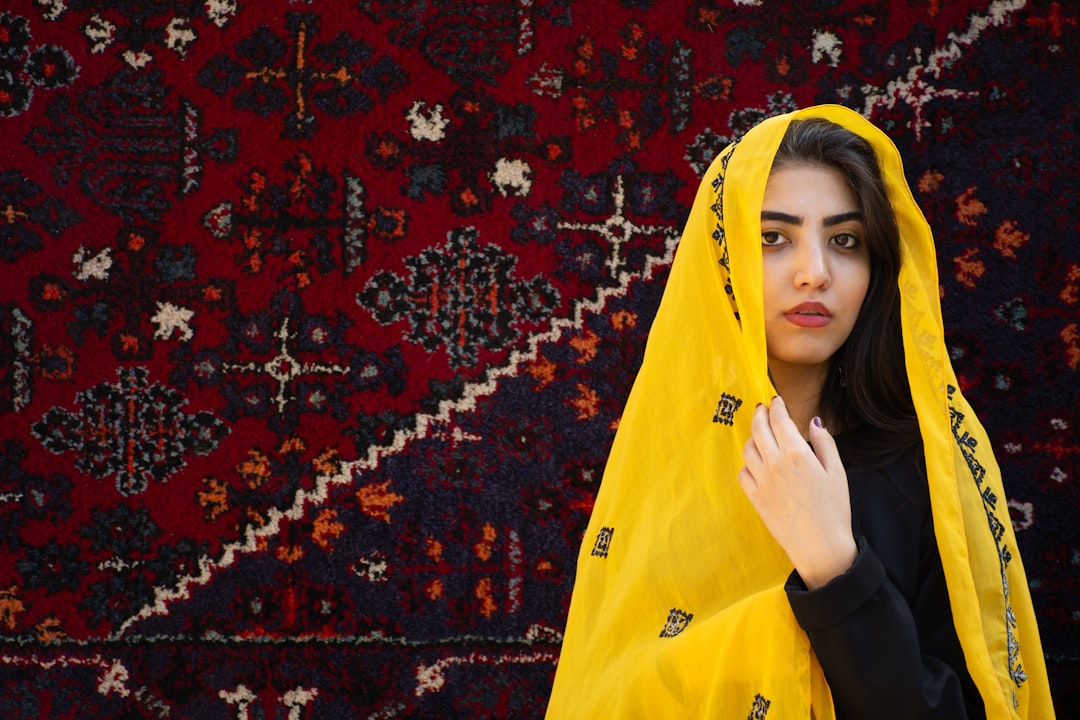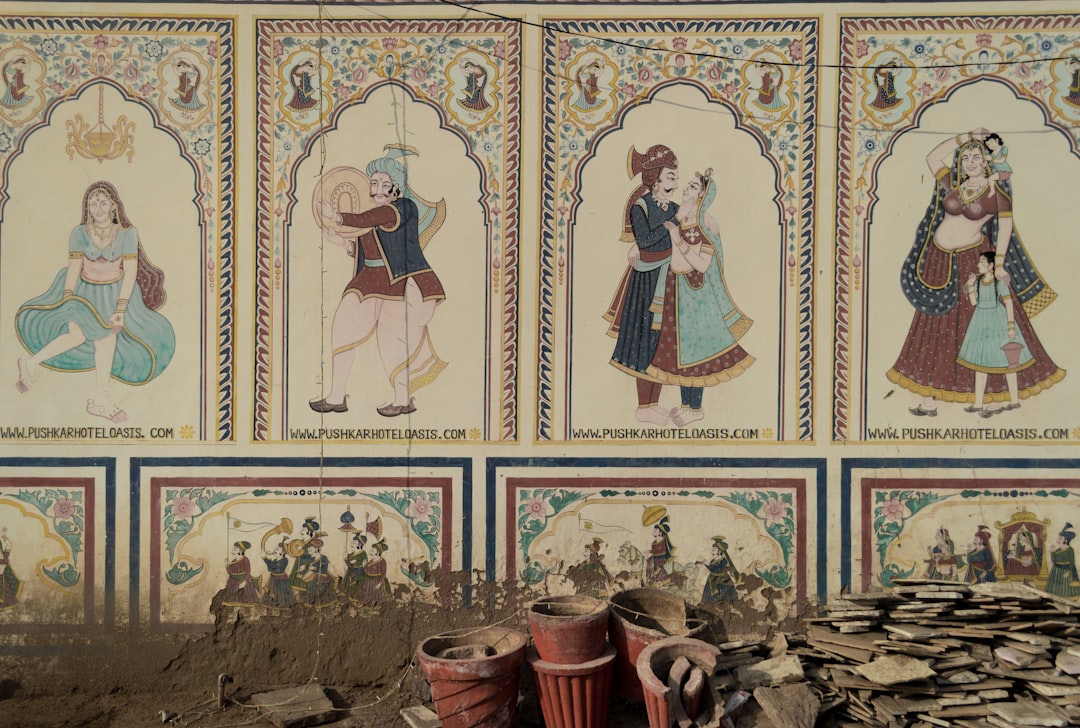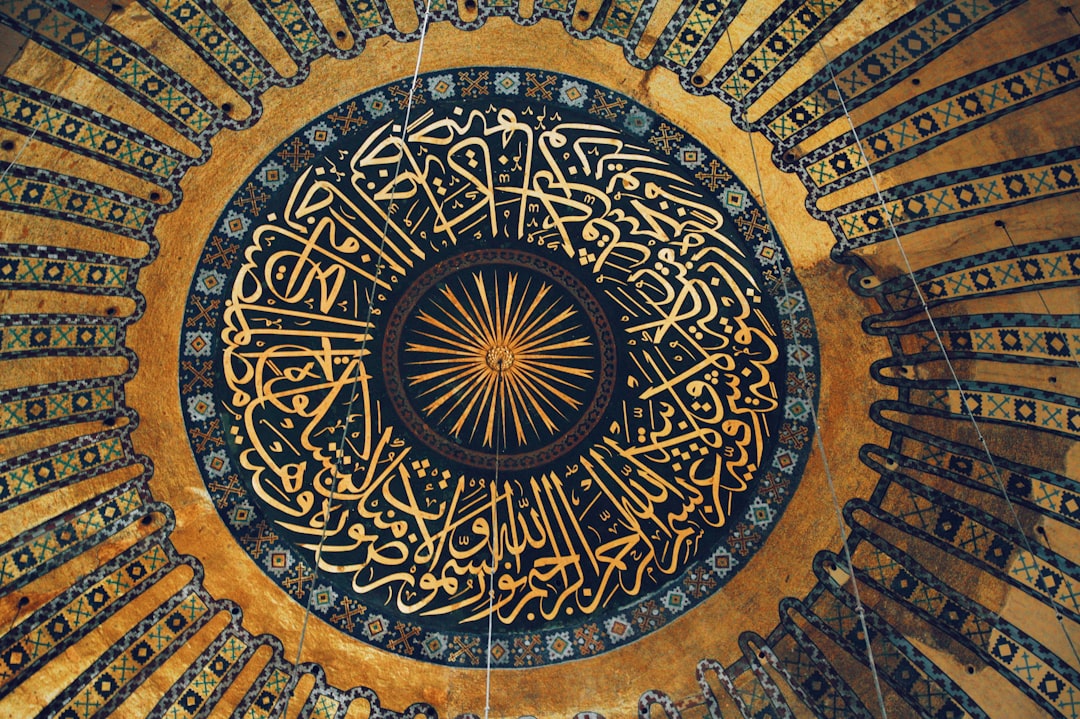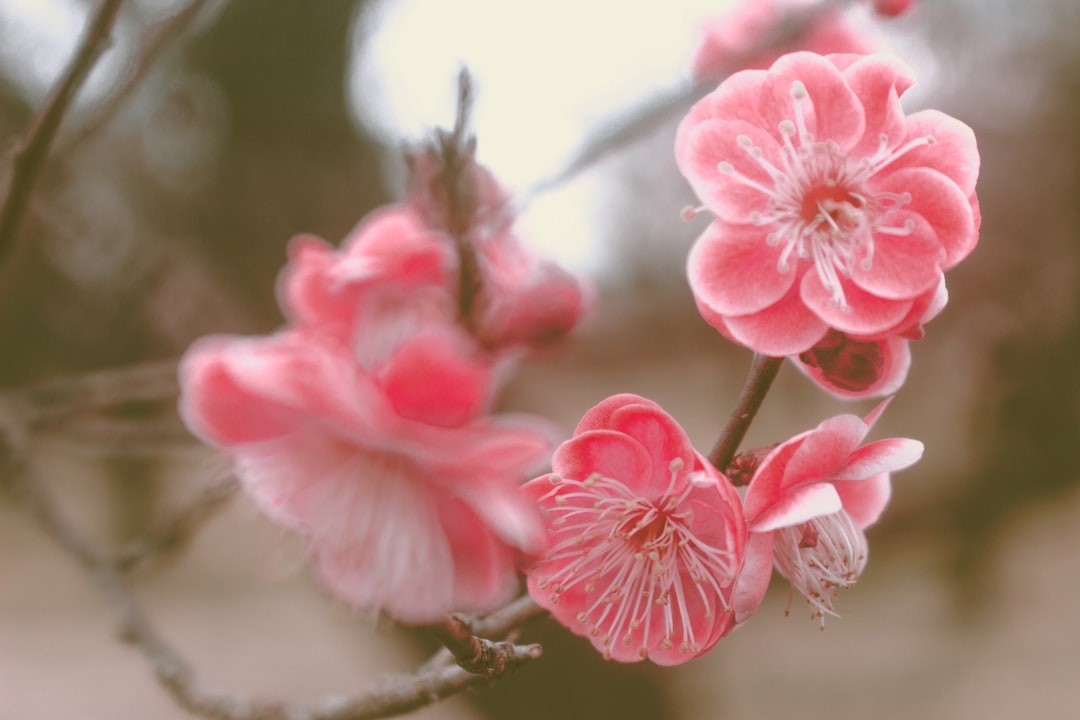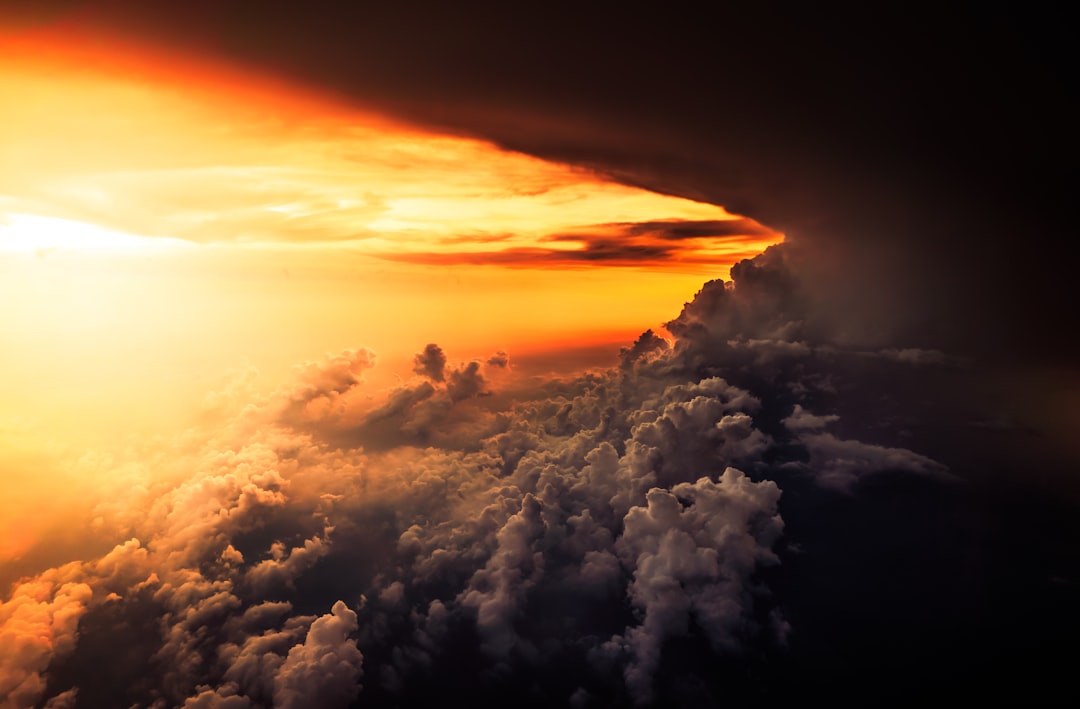Bahram Beyzaei: The Filmmaker Who Gave Iranian Cinema a Mythic Voice
Bahram Beyzaei stands as one of the most intellectually rigorous and culturally influential figures in Iranian cinema. More than a filmmaker, Beyzaei is a playwright, scholar, mythologist, and visual theorist whose work reshaped the language of modern Iranian storytelling. His films are not merely narratives on screen; they are investigations …
Why Haven’t We Seen a Great Persian Poet in Recent Years?
Persian poetry is one of the oldest and richest literary traditions in the world. Names like Ferdowsi, Rumi, Hafez, Saadi, Khayyam, and Nima Yushij are not merely poets; they are cultural pillars whose verses shaped philosophy, spirituality, language, and identity across centuries. Yet many readers today ask an uncomfortable question: …
Comparing Persian mystical metaphysics with Avicennian philosophy
Persian mystical metaphysics (ʿIrfān) and Avicennian philosophy (Ibn Sīnā), though often presented as opposites, they also intersect and influence one another, especially in later Persian thought.
1. Ontology: What Is Ultimately Real?
Avicennian Philosophy
-
Reality is structured around the distinction between:
-
Necessary Being (wājib al-wujūd) → God
-
Contingent …
-
Metaphysics in Persian Mysticism (ʿIrfān)
Persian mysticism—deeply rooted in Islamic spirituality and expressed through philosophy, poetry, and spiritual practice—developed a rich metaphysical worldview that seeks to explain the nature of Being, God, the cosmos, and the human soul. Its metaphysics is not abstract speculation alone; it is meant to be lived and experienced. …
While Fortune Still Blooms
This quatrain by Omar Khayyam says:
“Now that the flower of your fortune is in full bloom,
Why is your hand idle, empty of the wine cup?
Drink, for time is a treacherous enemy,
And such a day as this is hard to find.”
اکنون که گل سعادتت پربار …
When the Cloud Weeps Over the Grass
This quatrain by Omar Khayyam says:
“A cloud came and wept again over the grass,
Without wine the color of roses, life cannot be lived.
This grass we gaze upon today in delight,
Whose dust, tomorrow, will it gaze upon?”
ابر آمد و باز بر سر سبزه گریست
بی …
Free from Heaven and Hell
This quatrain by Omar Khayyam says:
“Here we are, the wine, the minstrel, and this ruined corner,
Our souls, our hearts, our cups, and our robes filled with wine’s dregs.
Free from the hope of mercy and the fear of punishment,
Freed as well from earth and air, from …
The Unknown Artist
This quatrain by Omar Khayyam says:
“Though color and beauty have been given to me,
My face like the tulip, my stature like the cypress,
Still, I do not know why, in this tavern of dust,
The Eternal Painter adorned me so.”
هر چند که رنگ و بوی زیباست …

